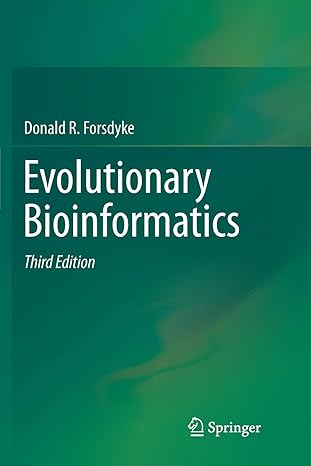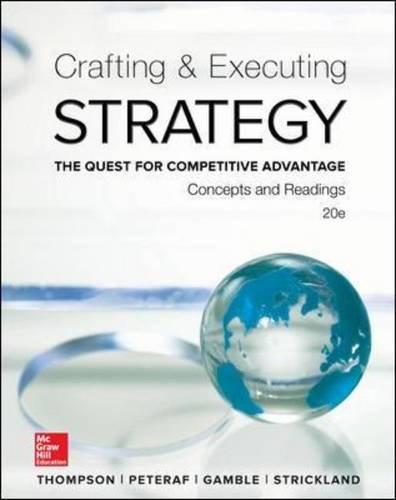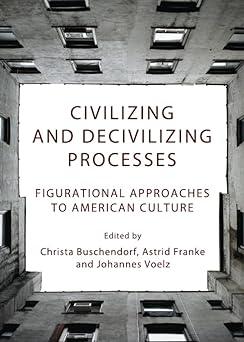Go back


Evolutionary Bioinformatics(1st Edition)
Authors:
Donald R. Forsdyke

Cover Type:Hardcover
Condition:Used
In Stock
Shipment time
Expected shipping within 2 DaysPopular items with books
Access to 30 Million+ solutions
Free ✝
Ask 50 Questions from expert
AI-Powered Answers
✝ 7 days-trial
Total Price:
$0
List Price: $249.99
Savings: $249.99(100%)
Solution Manual Includes
Access to 30 Million+ solutions
Ask 50 Questions from expert
AI-Powered Answers
24/7 Tutor Help
Detailed solutions for Evolutionary Bioinformatics
Price:
$9.99
/month
Book details
ISBN: 3319804162
Book publisher:
Get your hands on the best-selling book Evolutionary Bioinformatics 1st Edition for free. Feed your curiosity and let your imagination soar with the best stories coming out to you without hefty price tags. Browse SolutionInn to discover a treasure trove of fiction and non-fiction books where every page leads the reader to an undiscovered world. Start your literary adventure right away and also enjoy free shipping of these complimentary books to your door.
Book Summary: Now in its third edition and supplemented with more online material, this book aims to make the "new" information-based (rather than gene-based) bioinformatics intelligible both to the "bio" people and the "info" people. Books on bioinformatics have traditionally served gene-hunters, and biologists who wish to construct family trees showing tidy lines of descent. While dealing extensively with the exciting topics of gene discovery and database-searching, such books have hardly considered genomes as information channels through which multiple forms and levels of information have passed through the generations. This “new bioinformatics” contrasts with the "old" gene-based bioinformatics that so preoccupies previous texts. Forms of information that we are familiar with (mental, textual) are related to forms with which we are less familiar (hereditary). The book extends a line of evolutionary thought that leads from the nineteenth century (Darwin, Butler, Romanes, Bateson), through the twentieth (Goldschmidt, White), and into the twenty first (the final works of the late Stephen Jay Gould). Long an area of controversy, diverging views may now be reconciled.
Customers also bought these books
Frequently Bought Together
Top Reviews for Books
Joe Ward
( 5 )
"Delivery was considerably fast, and the book I received was in a good condition."










